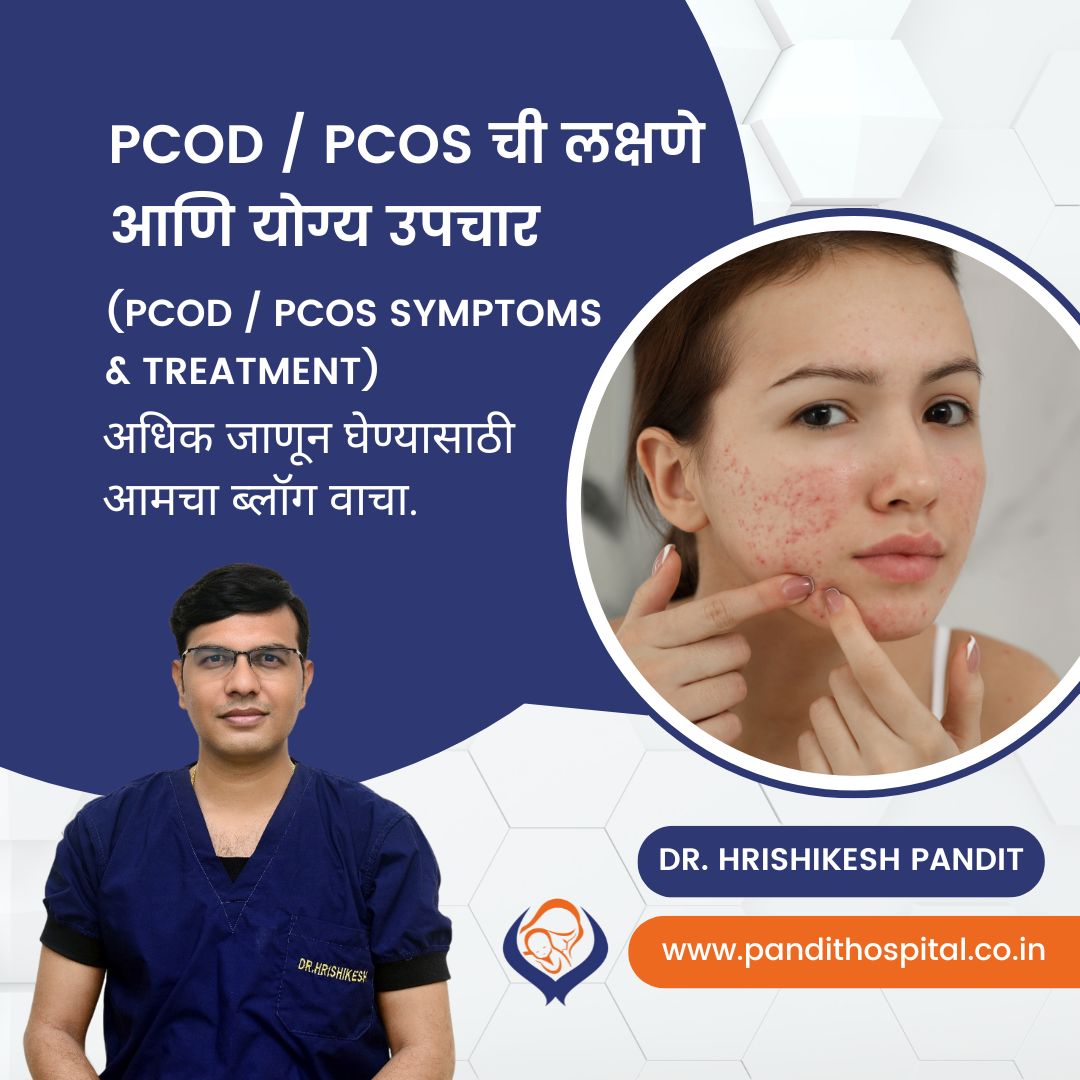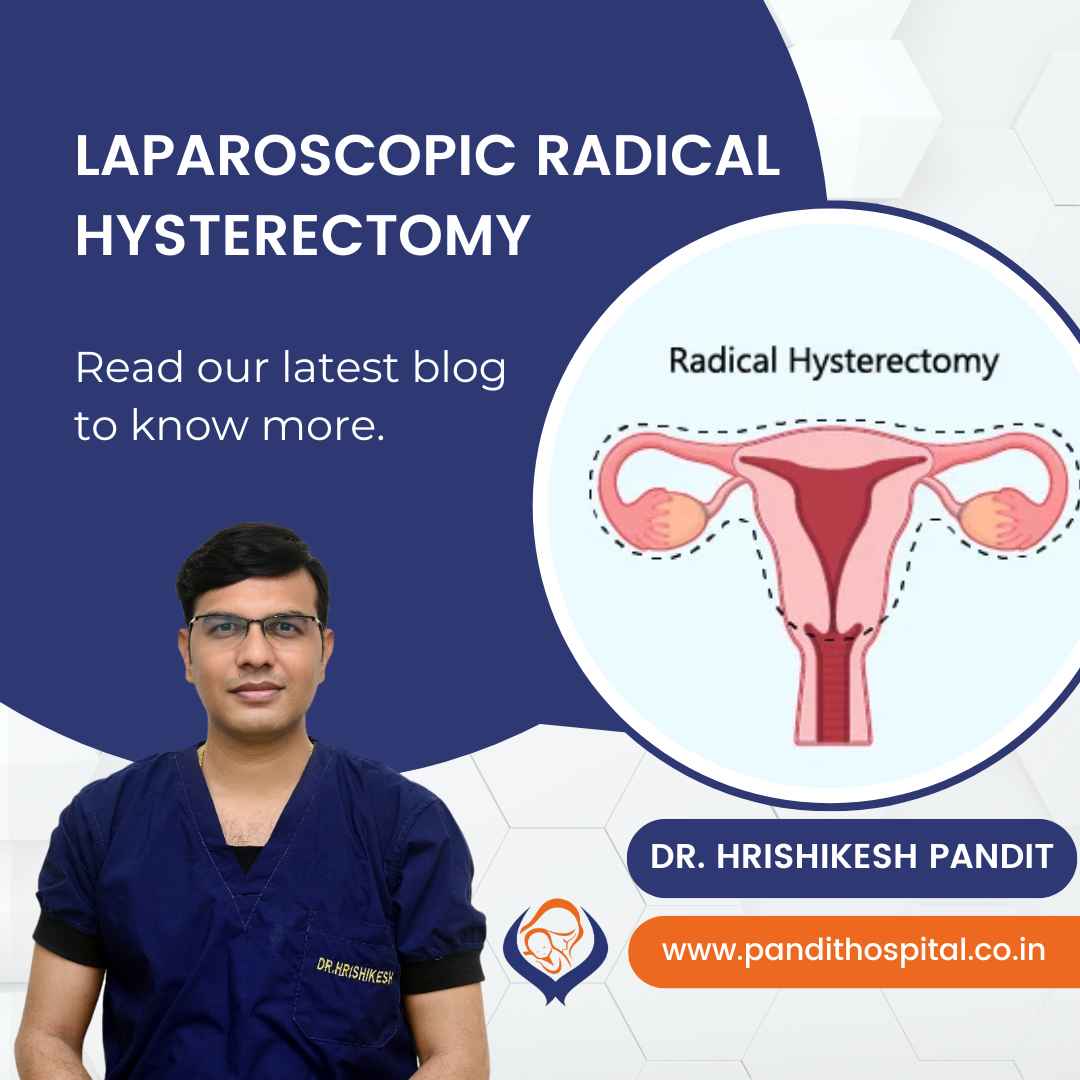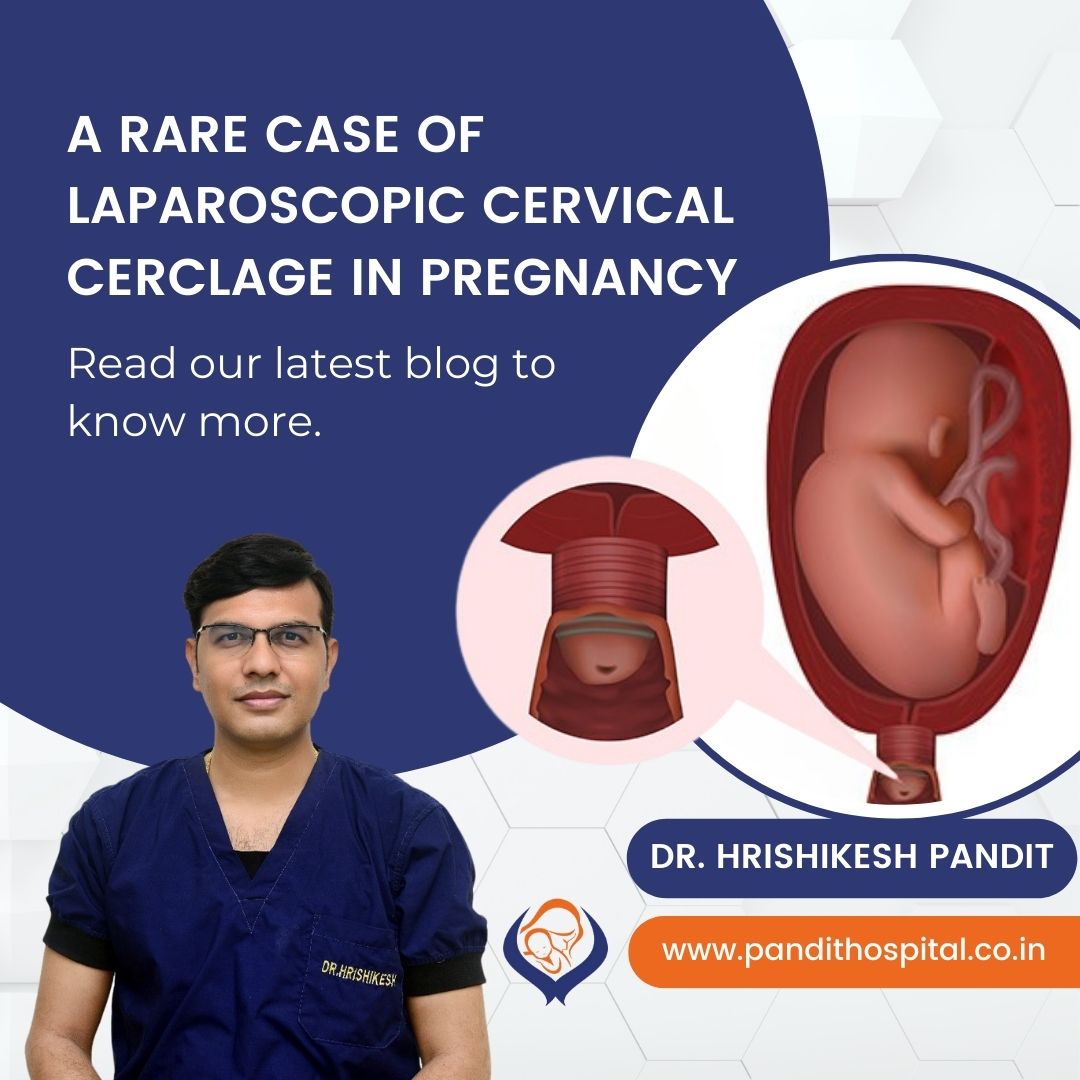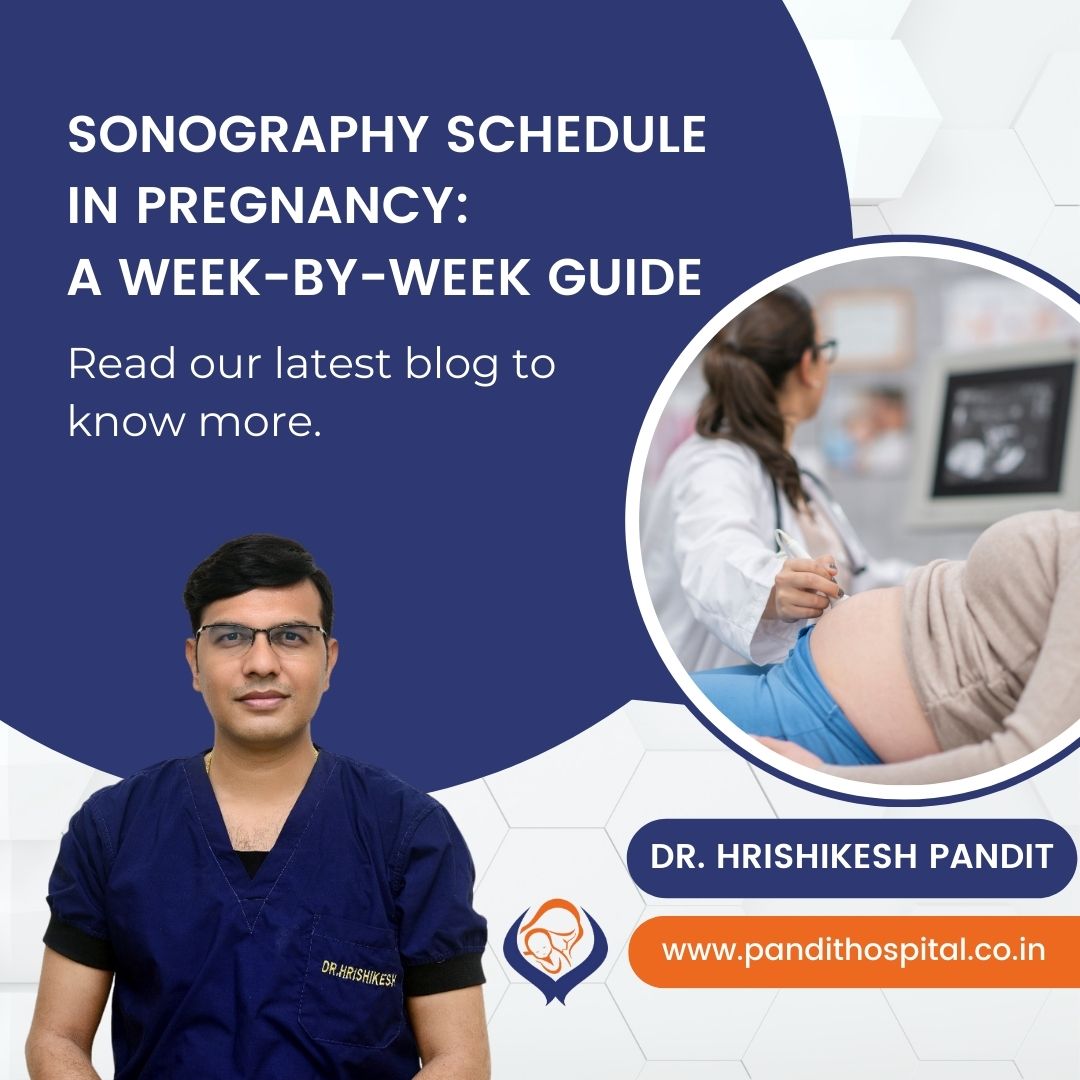पी. सी. ओ. डी. म्हणजे पॉलिसिस्टिक ओवरी सिंड्रोम. या परिस्थितीमध्ये अंडाशयात अपरिपक्व अंडी किंवा काही अंशी परिपक्व अंडी खूप मोठ्या प्रमाणात तयार होतात. कालांतराने या अंड्यांचे सिस्ट तयार होतो. हा सिस्ट अंडाशयाचा बराचसा भाग व्यापून घेतो. या सिस्ट मधून पुरुषी हार्मोन्सचा स्त्राव होतो. परिणामी, मासिक पाळी अनियमित होते आणि असे झाल्याने संपूर्ण जीववनशैली बिघडून शरीरात इतरही विकार उद्भवतात.
जगभरात २६ % महिलांना पीसीओडी मुळे “वंध्यत्व समस्या निर्माण झालेली आहे. पीसीओडी चे वाढते प्रमाण पाहता त्याचा महिलांच्या आरोग्यावर होणार परिणाम, शरीरात होणारे बदल आणि पीसीओडी चे नियंत्रण याविषयी लेखात चर्चा करण्यात आली आहे.
Read this blog in Hindi
पीसीओडी (पॉलीसिस्टिक ओव्हरी सिंड्रोम) हि एक हार्मोनल समस्या आहे. प्रजनन वयातील स्त्रियांमध्ये हि समस्या दिसून येते.
पी. सी. ओ. डी. ची लक्षणे प्रत्येकामध्ये वेगवेगळी असतात, त्या मधील काही लक्षणे पुढील प्रमाणे
- अनियमित पाळी : नेहमीच्या तारखेला पाळी न येणे, किंवा नेहमीच्या तारखेपेक्षा खूप उशिराने पाळी येणे हे पी. सी. ओ. डी. चे प्रकर्षाने जाणवणारे लक्षण आहे. अनेकदा पाळी दोन ते सहा महिने येत नाही. अशावेळी तातडीने डॉक्टरांना दाखवणे अतिशय गरजेचे आहे. पी. सी. ओ. डी. च्या महिलांना पाळी आल्यानंतर रक्तप्रवाह अधिक प्रमाणात होतो.
- केस गळती : पी. सी. ओ. डी. असणाऱ्या महिलांमध्ये डोक्यावरील केसांच्या गळतीचे प्रमाण आढळते. केसांची योग्य निगा राखून सुद्धा केस गळती होते. पी. सी. ओ. डी. असणाऱ्या महिलांमध्ये पुरुषी हार्मोन्स चे प्रमाण वाढल्याने डोक्याच्या मागच्या भागातले म्हणजेच भोवरा असलेल्या भागातले केस पुरुषांप्रमाणे गळू लागतात.
- त्वचेमधील बदल: असंतुलित हार्मोन्स मुळे पी. सी. ओ. डी. असणाऱ्या महिलांना चेहऱ्यावर, मानेवर तसेच पाठीवर पुरळ येण्याचे प्रमाण वाढते. तसेच मानेच्या मागच्या बाजूला, काखेत, खाजगी भागात काळपटपणा जाणवतो.
- वजनात चढउतार: पी. सी. ओ. डी. असणाऱ्या महिलांमध्ये लठ्ठ असण्याचे प्रमाण अधिक महिलांमध्ये आढळून येते. वजन कमी करण्याचा प्रयत्न करत असून सुद्धा वजन कमी होत नसेल तर हे नक्कीच पी. सी. ओ. डी. चे लक्षण आहे.
- अतिरिक्त केसांची वाढ: वर सांगितल्याप्रमाणे पी. सी. ओ. डी. असणाऱ्या महिलांच्या डोक्यावरील केसांची गळती होते परंतू, चेहऱ्यावर, पाठीवर, पोटावर, छातीवर केसांची अतिरिक्त वाढ होते.
- तीव्र डोकेदुखी: वारंवार डोकेदुखी किंवा अर्धशिशी चा त्रास पी. सी. ओ. डी. च्या महिलांमध्ये आढळतो.
- प्रजनन प्रक्रियेत अडथळा: पी. सी. ओ. डी. असणाऱ्या महिलांना गर्भधारण करण्यात अडथळे येऊ शकतात.
- मधुमेह: पी. सी. ओ. डी. असणाऱ्या महिलांना मधुमेह असण्याची शक्यता असते.
- ताण: पी. सी. ओ. डी. असणाऱ्या महिलांना नैराश्य, तणाव मोठ्या प्रमाणात जाणवतं.
पीसीओडी या अंतःस्रावी विकारामुळे महिलांची रिप्रॉडक्टिव्ह हेल्थ बरीच प्रभावित होते. फर्टिलिटी क्षमता कमी होते आणि वंध्यत्व समस्या निर्माण होऊ शकते.
अनियमित मासिक पाळीसह अनियमित ओव्यूलेशन समस्या निर्माण होते. या स्थितीत अंडाशय नियमितपणे स्त्रीबीजे सोडत नाहीत. त्यामुळे वंध्यत्व समस्या निर्माण होते.
- अनुवांशिक : तुमच्या कुटुंबात पीसीओडी चा इतिहास असल्यास तुम्हालाही पीसीओडी होण्याची संभावना अधिक असते.
- हार्मोनल असंतुलन : पीसीओडी हे प्रोजेस्टेरॉनच्या कमी पातळीसह, एंड्रोजेन (पुरुष संप्रेरक) आणि इन्सुलिनच्या उच्च पातळीशी संबंधित आहे. हे हार्मोनल असंतुलन अंडाशयांच्या कार्यामध्ये व्यत्यय आणते आणि अत्यधिक सिस्टचा विकास होतो.
- इन्सुलिन रेझिस्टन्स आणि लठ्ठपणा : शरीराच्या पेशी इंश्युलीन ला योग्य रितीने प्रतिसाद देत नाहीत, या प्रतिकारामुळे अतिरिक्त इंसुलिनचे उत्पादन होऊ लागते. लठ्ठपणामुळे पीसीओडी चा धोकाही वाढतो.
- अल्ट्रासाउंड व पेल्विक परीक्षण : पोटावर प्रोब ठेवून संगणकाव अंडाशयातील सिस्ट (पॉलिसिस्टिक ओवरी) आणि गर्भाशयाचे अस्तर (युटेरियन लायनिंग) तपासली जाते.
- हार्मोनल ब्लड टेस्ट : इस्ट्रोजेन, प्रोजेस्टेरॉन, इंश्युलीन, प्रोलॅक्टिन या रिप्रॉडक्टिव्ह हार्मोन ची पातळी मोजली जाते.
- मेटाबोलिक टेस्ट : ग्लुकोज, कॅल्शियम, सोडियम, पोटॅशियम, कार्बनडायोक्सीड, क्लोराईड, ब्लड-युरिया आणि क्रिएटिनिन अशा ८ प्रकारच्या बेसिक मेटाबोलिक टेस्ट गरजेनुसार करण्याचा सल्ला डॉक्टर देतात.
मेडिसिन : मेटामॉर्फीन आणि कोमिफ्लोम सारखी औषधे पीसीओडी नियंत्रित करण्यासाठी डॉक्टर प्रिस्क्राइब करू शकतात.
हार्मोन रिप्लेसमेंट थेरपी : यामध्ये प्रोजेस्टेरॉन टॅबलेट किंवा इतर पद्धतिचा अवलंब केला जातो.
PCOS च्या गंभीर प्रकरणांमध्ये, लेप्रोस्कोपिक शस्त्रक्रिया केली जाऊ शकते.
PCOS मुळे वंध्यत्वाच्या प्रकरणांमध्ये, विविध सहाय्यक पुनरुत्पादक उपचार (Assisted Reproductive Treatments) वापरले जातात.
Polycystic Ovary Syndrome (PCOS) can be managed through a variety of treatment options depending on the individual’s symptoms, goals, and whether they are trying to conceive. Here are some common treatment approaches:
- Lifestyle Changes
Diet & Nutrition: A balanced diet rich in whole grains, lean proteins, and vegetables helps manage insulin resistance and maintain healthy weight.
Exercise: Regular physical activity helps with weight management, improves insulin sensitivity, and reduces symptoms.
Weight Management: Even a small amount of weight loss (5-10%) can improve symptoms like irregular periods and fertility.
- Medications
Birth Control Pills: Combined oral contraceptives regulate menstrual cycles, reduce androgen levels, and help with acne and excessive hair growth.
Metformin: Often used to treat insulin resistance, Metformin can help regulate periods and improve fertility in women with PCOS.
Clomiphene (Clomid): This fertility drug is used to stimulate ovulation in women with PCOS who are trying to conceive.
Anti-Androgens: Medications like spironolactone block the effects of androgens (male hormones) and can help reduce acne, scalp hair thinning, and excess hair growth on the face and body.
- Fertility Treatments
Ovulation Induction: Drugs like Letrozole or Clomiphene are used to stimulate ovulation.
In Vitro Fertilization (IVF): In cases where ovulation induction is not successful, IVF may be recommended.
- Surgery
Laparoscopic Ovarian Drilling (LOD): This minor surgical procedure may be recommended if medication doesn’t help with ovulation. It involves making tiny holes in the ovary using a laser or thin heated needle to reduce androgen levels.
- Cosmetic Treatments
Laser Hair Removal or Electrolysis: To reduce unwanted hair caused by excess androgen levels.
Acne Treatments: Dermatological treatments like topical creams, oral antibiotics, or hormone therapy to control acne.
- Mental Health Support
Counseling: PCOS can affect mental health, leading to depression or anxiety. Therapy or counseling may help manage emotional challenges.
Treatment plans for PCOS are often tailored to the individual based on their specific symptoms and life stage.
Schedule a consultation with Dr. Hrishikesh Pandit at Pandit Hospital, Ahilyanagar, India for any gynecology related issues. Together, we’ll navigate your journey towards healing and hope.
For consultation, Contact us today!
At Pandit Hospital, you are in safe hands!
To consult Dr. Hrishikesh Pandit, Click Below,
Pandit Hospital – Best Maternity care center in Ahmednagar
LET’S SEE OUR INTRO VIDEO
At Pandit Hospital, we provide all the maternity services from antenatal to postnatal period under one roof
Let's Connect!!
0241-2441717 / 0241-2442344
info.pandithospital@gmail.com
About author:
Dr. Hrishikesh Pandit:
Dr. Hrishikesh Pandit is one of the best obstetrician and gynecologist in India. He is also a well-renowned Laparoscopic surgeon. He obtained his MS (Ob Gyn) degree from the prestigious Pravara Institute of Medical Sciences. He has also done fellowship and diploma courses in laparoscopic surgeries and cancer treatment from Tata Hospital and Keil University, Germany. His surgical cases, papers and videos has been chosen in many international forums of gynecology.
At Pandit Hospital, we are always working hard to provide its patients with the highest level of medical innovation and patient care. With the aim of delivering complete maternity & gynecological care under one roof with the help of all contemporary amenities and cutting-edge medical equipment. Dr. Hrishikesh Pandit has a vision to bring the best of facilities regarding laparoscopy surgeries in the city of Ahmednagar. He is the pioneer of 3D Laparoscopy technology is Ahmednagar.
Latest Articles
Dr. Hrishikesh Pandit is one of the best laparoscopy surgeons in India. His determination to bring 3D Laparoscopy technology to Ahmednagar has eventually helped so many patients. Read the latest articles by Dr. Hrishikesh Pandit on Gynecology, gastric issues, and health tips for mothers during pregnancy.
Dr. Hrishikesh Pandit answers common questions about Laparoscopic Radical Hysterectomy at Pandit Hospital’s 3D Laparoscopy Center.
Laparoscopic Cerclage is done for cervical insufficiency or early abortion history. Consult Dr. Hrishikesh Pandit to know more about it. Excellent results in High Risk Pregnancies. Watch video on YouTube.
At Pandit Hospital, Ahilyanagar, we provide advanced maternity care with state-of-the-art 3D laparoscopy and sonography services to ensure the safety of both mother and baby.
FAQ
You should consult a doctor during the first 6 to 8 weeks of your pregnancy, or when your period is 2 to 4 weeks late.
If your contractions are 5 minutes apart, lasting for 1 minute, for 1 hour or longer, it’s time to head to the hospital.
Doctors recommend an infertility evaluation if you have not gotten pregnant after 1 year of having regular sexual intercourse without using birth control. If you are older than 35, an evaluation is recommended after 6 months of trying.
Yes, You can. But most babies need 39 weeks to develop fully. Induced or planned delivery before that time—without a valid medical reason—is not in the best interest of the baby or the mother. After 39 weeks you can plan delivery.
Women who are 21 to 29 should have a Pap test alone every 3 years. HPV testing alone can be considered for women who are 25 to 29, but Pap tests are preferred. Women who are 30 to 65 have three options for testing. They can have a Pap test and an HPV test (co-testing) every 5 years. They can have a Pap test alone every 3 years. Or they can have HPV testing alone every 5 years.
Laparoscopic hysterectomy is a safe and suitable procedure for chosen patients. It affords patients advantages like less peri-operative morbidity, better life quality, shorter hospitalization time, and faster return to activity.
Schedule a doctor’s visit if you have: Greenish, yellowish, thick or cheesy vaginal discharge; Strong vaginal odor; Redness, itching, burning or irritation of your vagina or the area of skin that surrounds the vagina and urethra (vulva); Bleeding or spotting unrelated to your period.
Painless delivery can be achieved using a form of regional anesthesia that provides pain relief during natural labor. Epidural anesthesia is administered through an injection on the lower back of the mother. The drug takes about 10-15 minutes to take effect.
Even in severe cases of endometriosis, most can be treated with laparoscopic surgery. In laparoscopic surgery, your surgeon inserts a slender viewing instrument (laparoscope) through a small incision near your navel and inserts instruments to remove endometrial tissue through another small incision.
The HPV vaccine is recommended for routine vaccination at the age of 11 or 12 years. (Vaccination can be started at age 9.) It is also recommended that vaccination for everyone through age 26 years if not adequately vaccinated when younger. HPV vaccination is given as a series of either two or three doses, depending on age at initial vaccination.





